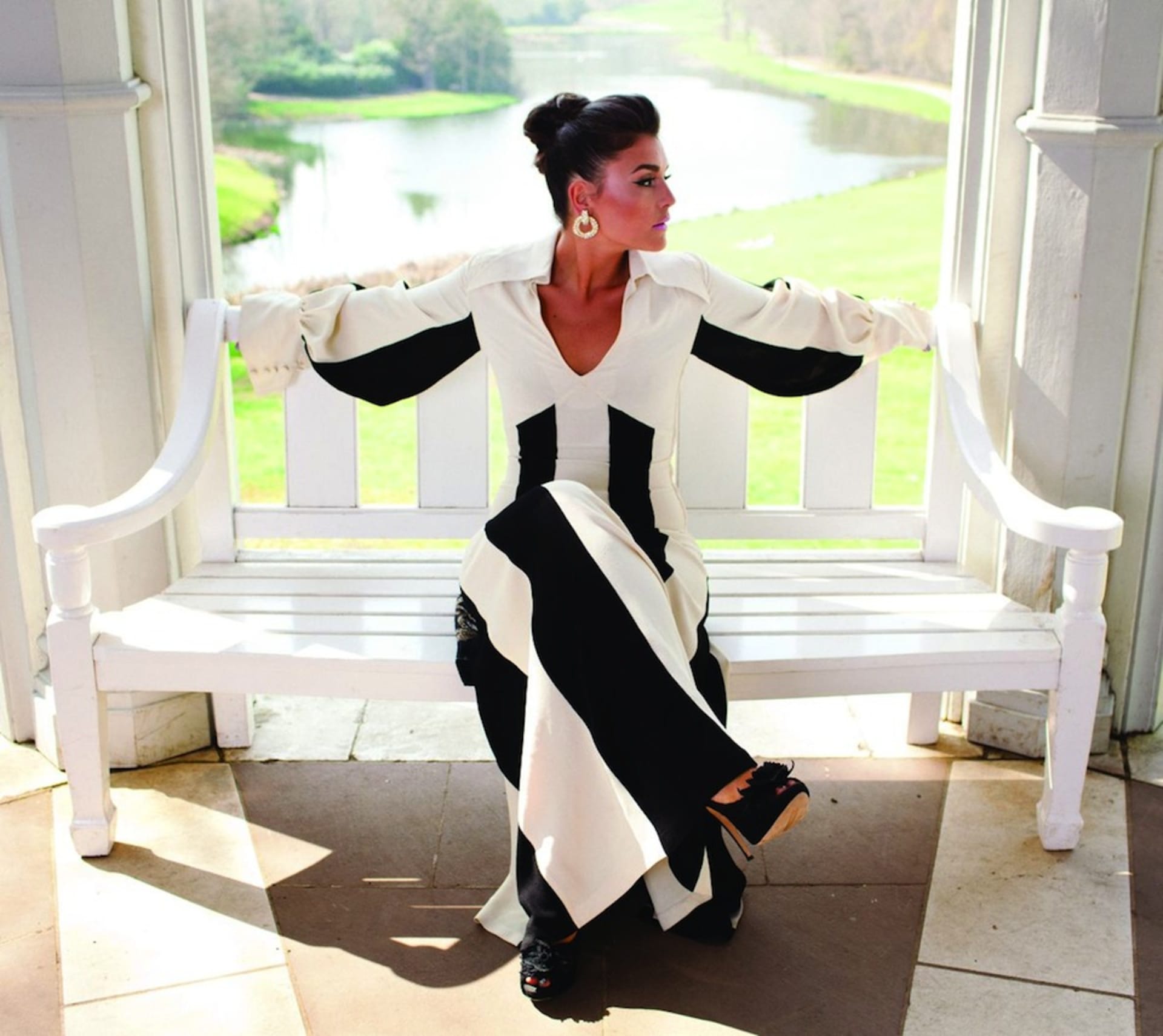
“The silences between songs make me really uncomfortable”: Jessie Ware interviewed
There are years and there are years. 2012 has been a year for Jessie Ware. It was the year that saw her complete her transformation from vocalist-for-hire du jour to solo pop star. The annals of history aren’t exactly crammed with tales of dance music session vocalists turn superstars, but that’s exactly how it’s worked out for Jessie; her 2012 appearance on SBTRK’s “Nervous” was followed by turns on productions by Joker and Sampha, but it was only with the release of her full-length that her sophisticated pop side was allowed to shine. The comparisons to Sade came thick and fast, and the one-time rising journalist-turned-backing-singer crowned a big year with a Mercury Music Prize nominations (although she sadly lost out to math rock spods Alt J). Perhaps even more illustrious, her record was recommended by Hercules & Love Affair‘s Andy Butler in the new issue of Electronic Beats Magazine—something she initially refused to believe when I passed on the news, as she’s quite a fan.
She’s not giving herself a well deserved rest neither. Last week saw her collaborate with fellow garage diva-gone-stratospheric Katy B on the Geeneus-produced (and stunning) “Aaliyah”, and when we finally got elbowed our way into her packed schedule, she was stuck in a recording session. And it looks like 2013 may be just as important: her bid to conquer the US through a six date whistlestop tour kicks off in January.
You played a big show at Berlin’s Bi Nuu venue recently. Last time I saw you perform was on a rooftop in Dalston, performing “Running” with Disclosure, then before that it was at Notting Hill Carnival’s Major Lazer party. Are you comfortable with going from those PAs to suddenly being a solo star in your own right?
To a certain extent. Live, I don’t really like the silences between songs as that makes me feel really uncomfortable. That’s why I quite like doing PAs, where you sing your song and you’re off. But now I’m getting used to it. It is so lovely to be onstage, sometimes I get really nervous but I feel comfortable singing so I try to enjoy that as much as possible.
When did you start singing?
I started singing when I was about 10, only about as much as anybody sings. My teachers used to be like “oh, you’ve got a nice voice” and I’d perform in school plays. I guess that’s when I started. I mean, not seriously, not jazz hands or anything.
You were a journalist for a while—you did a stint writing music listings for the Jewish Chronicle, among other things. Quite a different path than the one you ended up taking.
My dad’s a journalist so I always thought it was quite glamourous. I realised once I’d started doing it that it wasn’t that glamourous. I had this idea that I was going to be like April in Teenage Mutant Hero Turtles. But I wasn’t very good at it, I wasn’t very good at the writing. I wanted to go and make documentaries as I was always interested in people and was always very inquisitive so I kind of wanted to speak to more. I did actually do some work at a production company.
It’s interesting to say that you’re an inquisitive person. When Andy Butler wrote a recommendation of your album in the Winter issue of Electronic Beats Magazine he said that one of the aspects of Devotion that really stood out was your ability to convey realities in a way that felt true and original —without resorting to pop music cliche.
I think I’m really rubbish so that’s a real compliment! That’s so weird. I’m really, really chuffed because I love Hercules & Love Affair.
Do you think there’s an approach that you have to writing that comes from working within journalism?
No, I have a trial and error process. You have to sing it to try it and then you change a word. I try like it to feel as conversational as possible. I’m no Wordsworth, I’m no Bob Dylan, I know about relationships, I know about talking to people. I don’t enjoy it, I just try and find a way to stop me from cringing.
If you have that emotional literacy, the ability to translate and condense quite personal and insular feelings into words they don’t have to be pretentious or have aspirations to poetry to affect people.
I think Adele is really good at that. Keeping it simple and saying how it is. I’m still really learning, I don’t feel like a master of it at all. I’ve written a load of crap songs before I chose the ones on the record.
The record is divided between sophisticated pop songs and dance records—you worked with Julio Bashmore on the record. Also you’ve done vocals for SBTRKT, Sampha and Joker. Do you still get a chance to go out clubbing and follow the scene?
Recently I haven’t been able to go clubbing at all, I’ve been working every day of the week at the moment. I love clubbing and I don’t do it anymore and that’s really getting me down. But yeah, I was clubbing before, I was going to Standard Place in London, or going to see Oneman or Jackmaster… going to lots of club nights. I miss it.
You talked about not being sure of yourself earlier, but then the Mercury Prize nomination came along, which must have been a big validation.
That was really very special. I didn’t expect it. I’m just glad that the people who were involved on the record, that we could all celebrate together. It was nice because it was all about the album. ~
Published December 17, 2012. Words by Louise Brailey.
